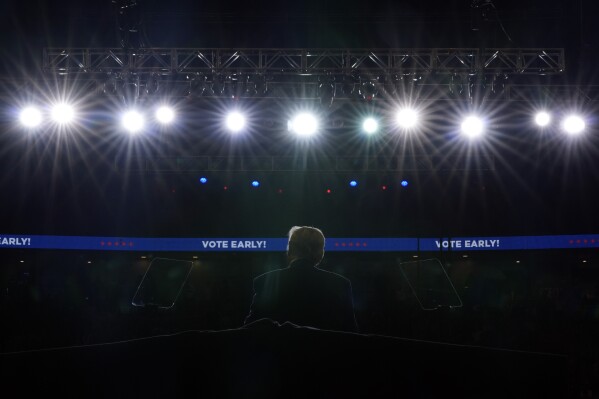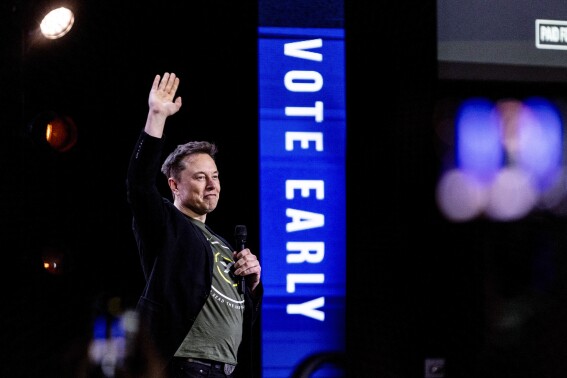Your support helps us to tell the story
Support NowThis election is still a dead heat, according to most polls. In a fight with such wafer-thin margins, we need reporters on the ground talking to the people Trump and Harris are courting. Your support allows us to keep sending journalists to the story.
The Independent is trusted by 27 million Americans from across the entire political spectrum every month. Unlike many other quality news outlets, we choose not to lock you out of our reporting and analysis with paywalls. But quality journalism must still be paid for.
Help us keep bring these critical stories to light. Your support makes all the difference.
Western leaders have warned Iran against hitting back against Israel after the first open strikes by the Israeli military against Tehran.
The UK, US, Germany and France were among the nations to urge restraint following the strikes, which marked Israel's revenge for a barrage of close to 200 ballistic missiles from Iran earlier this month. Leaders fear an escalating tit-for-tat will become an all-out regional war at a time of growing violence across the Middle East.
Following the airstrikes, Iran's foreign ministry said it had a right to self-defence, and "considers itself entitled and obligated to defend against foreign acts of aggression". Foreign minister Abbas Araghchi said Iran has "no limits" in defending its interests. But the foreign ministry added it "recognises its responsibilities towards regional peace and security", a more conciliatory statement than after previous bouts of fire.
The Israeli strikes mark a significant retaliation, but the nation's prime minister, Benjamin Netanyahu, appears to have listened to repeated pleas from its staunchest ally, the US, not to strike at the most sensitive targets – Iran's oil production infrastructure or nuclear facilities – with Washington wary of what response that would bring from Tehran.
Israel's military said scores of jets completed three waves of strikes before dawn against missile factories and other sites near Tehran and in western Iran, and warned its heavily armed arch-foe not to hit back. Iran claimed its air defences had successfully countered the attack but four soldiers were killed and some locations suffered "limited damage", though it will always play down the strength of attacks against it. A semi-official Iranian news agency said there would be a "proportional reaction" to the Israeli strikes.
US president Joe Biden told reporters Israel notified him before the strikes and said it looked like "they didn't hit anything but military targets". He said he had just finished a call with intelligence officials.
"I hope this is the end," he said.
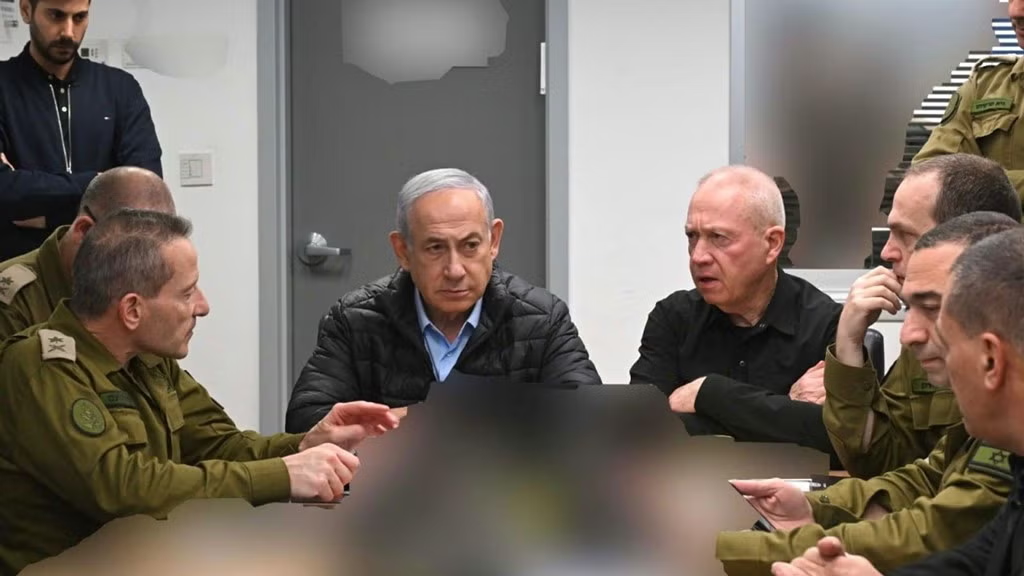
US officials called the Israeli attack an “exercise in self-defence” that minimised the risk of civilian harm. “We urge Iran to cease its attacks on Israel so this cycle of fighting can end without further escalation,” said Sean Savett, the White House national security council spokesperson.
"Iran attacked Israel, including in locations that endangered civilians, and has paid the price for it," Israeli military spokesperson Rear Admiral Daniel Hagari said. He added: "If the regime in Iran were to make the mistake of beginning a new round of escalation, we will be obligated to respond." However, some in Israel believe the military should have gone further. Israel's opposition leader, Yair Lapid, criticised the decision to avoid "strategic and economic targets", saying on X (Twitter) that "we could and should have exacted a much heavier price from Iran".
Prime minister Keir Starmer echoed Washington’s view. Speaking at a press conference in Samoa, he said: “I am clear that Israel has the right to defend itself against Iranian aggression. I’m equally clear that we need to avoid further regional escalation and urge all sides to show restraint. Iran should not respond. We will continue to work with allies to de-escalate the situation across the region.”
Germany’s chancellor, Olaf Scholz, also warned Tehran against hitting back. “My message to Iran is clear: massive escalating reactions must not continue. These must stop immediately. Only then can we open the possibility of a peaceful evolution in the Middle East,” he posted on X.
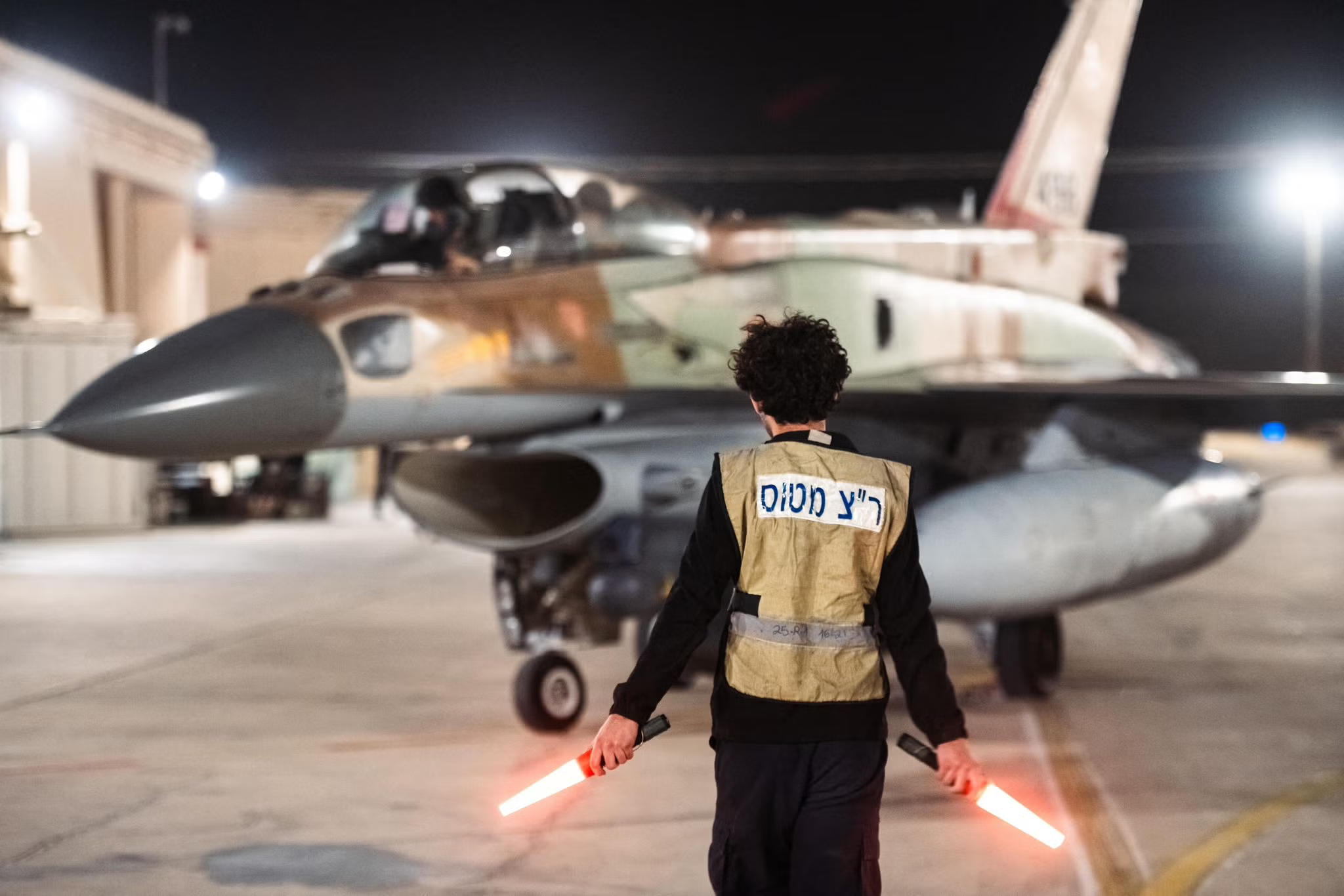
"All acts of escalation are condemnable and must stop," the spokesman for the UN secretary general Antonio Guterres said.
The French foreign ministry called on Israel to “refrain from any escalation or action likely to aggravate the context of extreme tension” in the region.
Middle Eastern countries universally called for de-escalation, but a number of them condemned the Israeli attack. Saudi Arabia called it a “violation of international laws and norms”. Relations between Saudi Arabia and Iran have improved recently. Qatar and the United Arab Emirates, who also fear being drawn into a regional war, also denounced the Israeli airstrikes.
Iran's state-run IRNA news agency said four people were killed, all from the country's military air defence. It did not say where they were stationed. Iran's military said the strikes targeted military bases in Ilam, Khuzestan and Tehran provinces, without elaborating.
Iran hasn’t faced a sustained barrage of fire from a foreign enemy since its 1980s war with Iraq. Explosions could be heard in Tehran until sunrise.
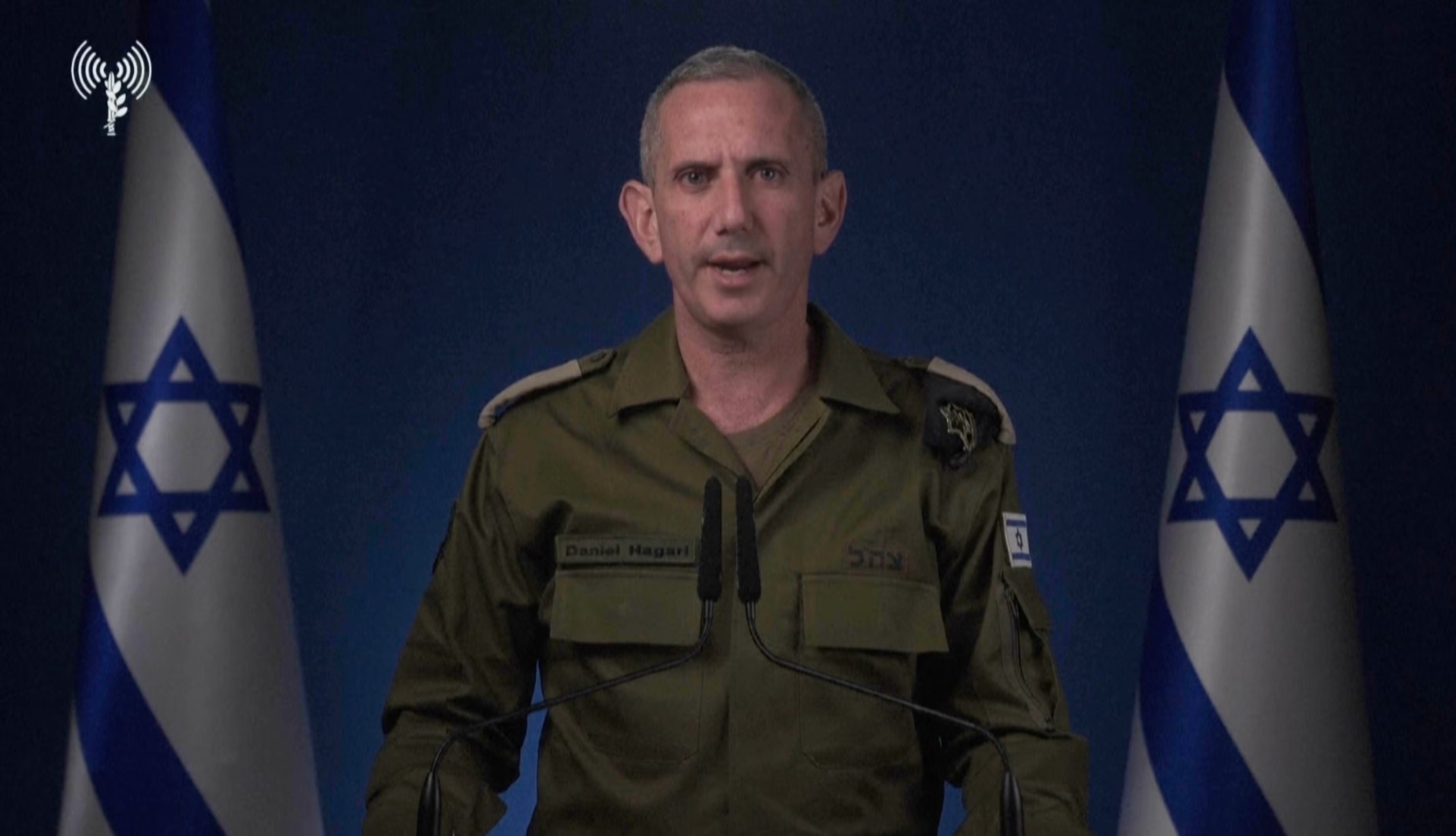
The decades-long shadow war between Israel and Iran has increasingly moved into the light since 7 October last year, when Hamas launched a terror attack inside Israel. They killed around 1,200 people, mostly civilians, and took some 250 hostages into Gaza.
In response, Israel launched a devastating air and ground offensive against Hamas, and Mr Netanyahu has vowed to keep fighting until all hostages are freed. Some 100 remain, although about a third of those are believed to be dead. More than 42,000 Palestinians have been killed in the largely devastated Gaza, according to local health officials, while around 90 per cent of the population of around 2.3 million have been forced from their homes.
Both Hamas and Hezbollah in Lebanon condemned Israel's attack, with Hezbollah saying it would not affect Tehran's support for Lebanese and Palestinians fighting Israel.
In Lebanon, dozens were killed and thousands wounded in September when pagers and walkie-talkies used by Hezbollah exploded in attacks attributed to Israel. A massive Israel airstrike the following week outside Beirut killed Hezbollah's longtime leader, Hassan Nasrallah.
Israel launched a ground invasion into southern Lebanon. More than a million Lebanese people have been displaced, and the death toll has risen sharply to more than 2,500 as airstrikes have hit in and around Beirut.
Late on Saturday, Iran's military issued a carefully worded statement suggesting a ceasefire in Israel's ground offensives in the Gaza Strip and Lebanon would trump any possible retaliatory strike.
Reuters and Associated Press contributed to this report
Disclaimer: The copyright of this article belongs to the original author. Reposting this article is solely for the purpose of information dissemination and does not constitute any investment advice. If there is any infringement, please contact us immediately. We will make corrections or deletions as necessary. Thank you.

